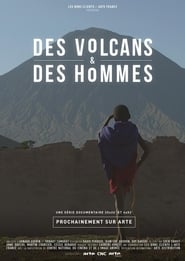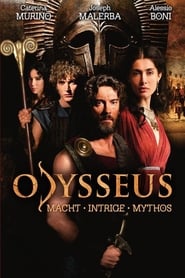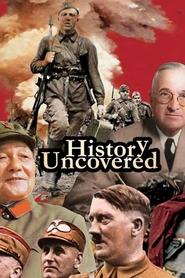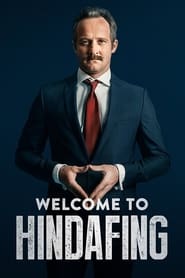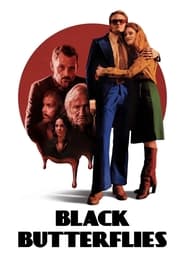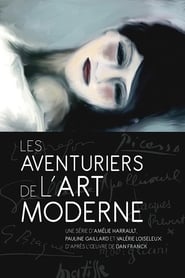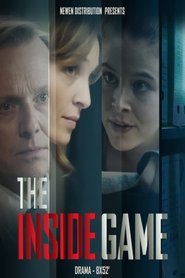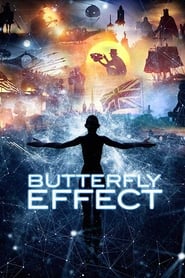Arte TV Series - Page 3
-
L'art et la manière
2005
L'art et la manière
2005
-
Odysseus
2013
star 6.4The sovereign Greek island of Ithaca, 8th century B.C. The Trojan War has been over for ten years, and the Greeks have come home victorious. Only one man is missing: the king of Ithaca, Odysseus, who is lost at sea. The island’s economy is getting worse by the day as the region’s many princes have invaded the kingdom, devouring its resources, and pressuring Queen Penelope to choose a new husband. To delay her suitors, she promises to choose once she’s finished weaving King Laertes’ burial shroud. But she undoes her work every night. Odysseus’ son Telemachus doesn’t dare lay claim to his father’s throne. His only dream is to sail out to rescue Odysseus. -
History Uncovered
2019
star 6.8Myths die hard, and the history of the 20th century is no exception to this rule. Even today, we hold popular beliefs that we take for Evangelical truths. Thus, we believe that Hiroshima caused Japan to surrender, that the Marshall Plan saved Europe, that Adolf Hitler was a military genius, or that Mao Zedong was a necessary evil for China’s modernization. Of course, these judgements contain some truth; but, too broad-stroked to be accurate, they contradict the historical reality by denying its complexity. What if the truth was slightly different? Through an exploration of great national or international myths, this full archive documentary collection revisits the key moments of the 20th century with a new perspective in order to provide a new, smarter and more subtle interpretation, bringing elements to light that have been forgotten or sometimes overshadowed. -
Hindafing
2017
star 7Alfons Zischl, mayor of Hindafing, tries to give his community a new image by building a mall for organic food. Soon enough the whole village is taking part in his corrupt games, entangling Zischl in growing debt and dubious obligations. -
Thirty Years' War: The Age Of Iron
2018
star 5.7This documentary drama series tells the story of the Thirty Years War from the perspective of the people who experienced it: like the soldier Peter Hagendorf, the "Winter Queen" Elisabeth Stuart, the famous artist Peter Paul Rubens and the "Grey Eminence" Father Joseph. This visual memory of the 17th century forms the 'archive footage' in the series. Combined with vivid drama and contributions from international experts, the series builds a bridge between "now" and "then" enabling viewers to experience what it was like to live through the Thirty Years' War. -
Bauhaus: A New Era
2019
star 7.11919. World War I has just ended. Dörte Helm, a young art student in Weimar, follows Walter Gropius’ call and joins the newly-founded Bauhaus school. A love story grows between Gropius and Dörte, adding fuel to the fire of the ensuing scandal threatening the very existence of the Bauhaus; the school of art that would go on to shape the 20th century like no other… -
Black Butterflies
2022
star 6.8Low on inspiration for his second book, a gloomy novelist agrees to write a memoir for a dying man — and swiftly becomes part of his bloodstained past. -
Reign Supreme
2022
star 6.9In the 80s, the beginnings of french hip hop told through the birth of the french rap band NTM and the ascension of dancer and graffiti artist Lady V and DJ Dee Nasty. -
Rematch
2024
star 7.21997. Garry Kasparov, the greatest chess player of all time, faces Deep Blue, IBM's supercomputer. Two brains, face to face; one man against an empire; a battle of humans against machines that forever changed the perception of artificial intelligence. -
Ad Vitam
2018
star 6In a future where regeneration technology lets humans live indefinitely, a cop and a troubled young woman investigate a strange wave of youth suicides. -
Butterfly Effect
2016
star 6.7Our History is no more than a series of incredible events. From the birth of a thousand-year-old empire to the death of a flourishing civilization, from the creative genius of a handful of men to a worldwide cultural revolution, the most infinitesimal of our decisions can influence the future of humanity. Every episode guides us to revisit a key event, a crossroads in our History where the world swings one way or the other. With spectacular reconstructions created by 3D modeling specialists, every story is told in sequences, which gives new perspective for today.
